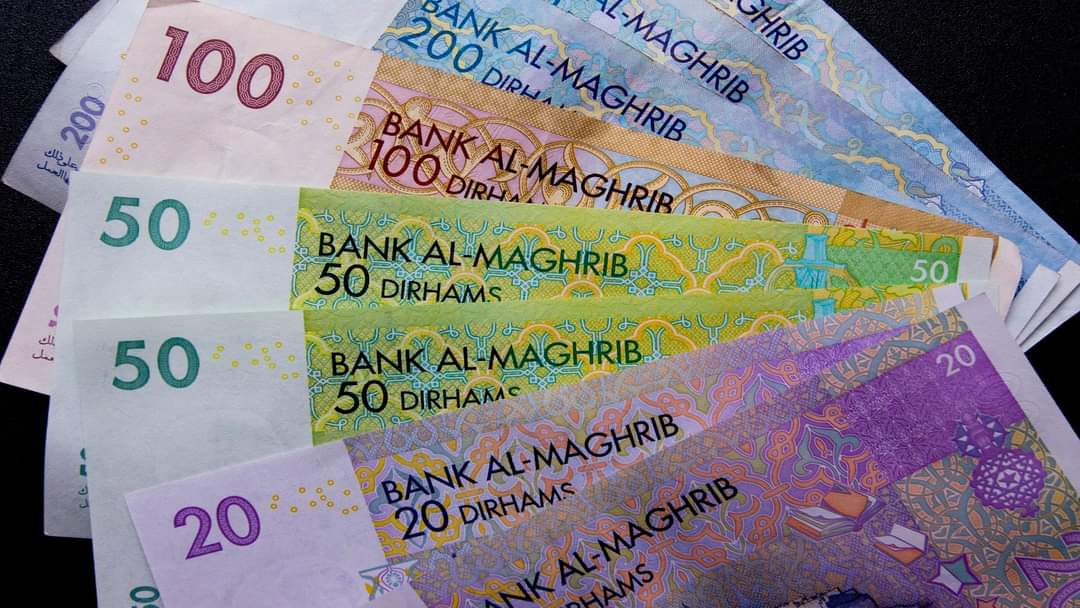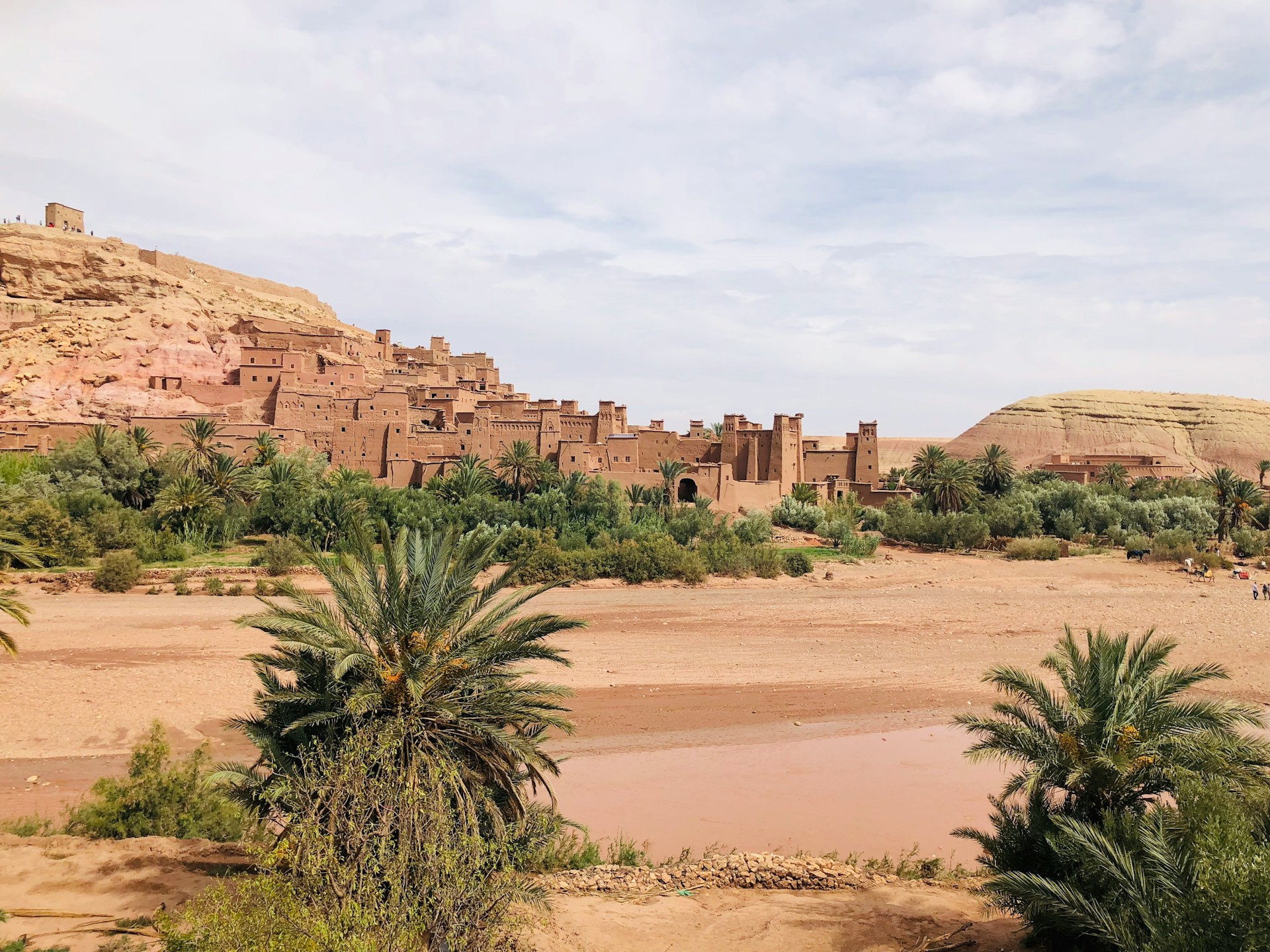Casablanca – As Morocco prepares to implement its 2025 Finance Bill (PLF), the government faces significant economic and social challenges that require careful navigation. The PLF aims to address pressing issues such as tax reforms, rising unemployment, and the declining purchasing power of citizens. However, the effectiveness of these measures will largely depend on their execution and the availability of adequate funding.
A central element of the PLF is the planned reform of the income tax system, which seeks to enhance tax equity by increasing the tax-exempt income threshold and adjusting tax brackets. This initiative aims to alleviate the financial burden on the middle class and improve overall purchasing power. Nonetheless, doubts persist regarding the government’s ability to implement these reforms effectively, particularly in a context of persistent inflation and stagnant economic growth.
The introduction of a carbon tax is another ambitious feature of the PLF, representing a shift toward environmental taxation. This measure seeks to encourage a greener economy and aligns with Morocco’s international commitments to sustainability. However, it also poses challenges in terms of compliance and implementation, especially within the informal sector, which remains a significant portion of the Moroccan economy.
In addition to tax reforms, the government must address the high unemployment rate, particularly among youth. With millions of young Moroccans currently without jobs or educational opportunities, there is an urgent need for concrete measures to create jobs and stimulate economic growth. The PLF’s success in tackling unemployment will be crucial for social stability and public confidence in the government.
Moreover, the ongoing challenge of informal employment complicates the government’s fiscal landscape. Efforts to integrate the informal sector into the formal economy have been ongoing but require substantial commitment and resources. The government’s ability to instill trust among taxpayers and ensure compliance will be critical for maximizing fiscal potential.
Amid these challenges, public sentiment remains a key consideration. Citizens are increasingly concerned about their diminishing purchasing power and the rising cost of living, which has been exacerbated by global inflation and local economic pressures. Addressing these concerns through effective policy measures will be essential for maintaining social cohesion and public trust in government initiatives.
As the government moves forward with the 2025 Finance Bill, it must balance its ambitious goals with the practical realities of an economy under strain. The outcome of this legislative effort will significantly impact the well-being of Moroccan citizens and the country’s long-term economic stability.
















